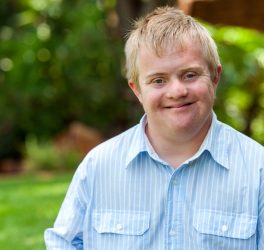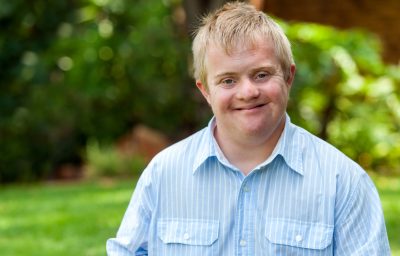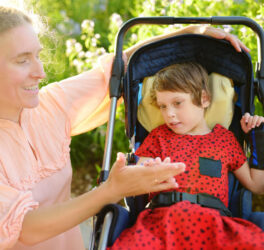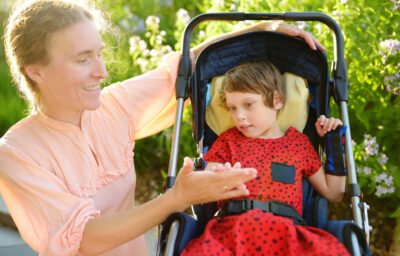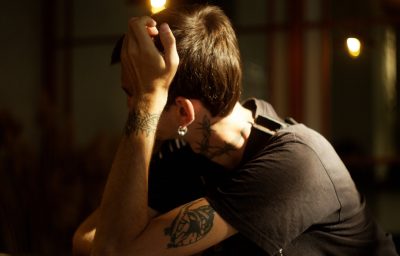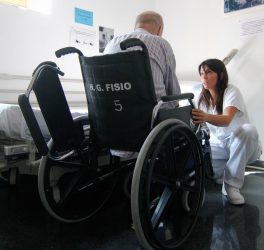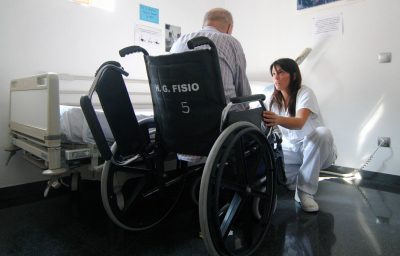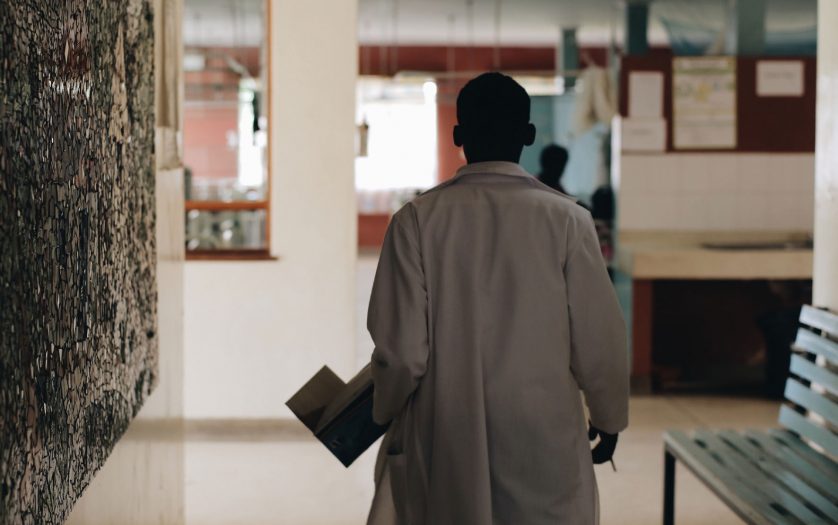
Not many people enjoy going to the doctor’s office or clinics for sexual and reproductive health services. Buying condoms, asking a doctor about contraceptive options, having infections checked out, discussing bleeding or not bleeding, erections or their absence, are difficult for most people.
Individuals with disabilities can face additional barriers when it comes to acquiring these services, such as discriminatory attitudes and inaccessible buildings.
A study of South Africans with physical disabilities, conducted from 2015-2017, showed that some service encounters are incredibly challenging, making it difficult for them to realize their right to health, autonomy, and inclusion or deterring them from even trying.
The study had two facets: the first was a large survey of 1, 723 South Africans without disabilities, asking them questions about dating a person with a physical disability. They were also asked about their perceptions of the sexual and reproductive health rights and needs of people with disabilities.
Results from this part of the study showed that most people without disabilities don’t believe that people with physical disabilities have the same rights and sexual health needs as those without disabilities. They frown upon people with disabilities having sexual relationships or having children.
In the second facet of the study, 13 people with physical disabilities were interviewed about their personal experiences of sexuality and relationships.
Among the results, participants accounted stories of discriminatory attitudes from service providers, such as a pregnant woman with a physical disability being told that she was not fit to be a parent, or another woman who uses a wheelchair seeking contraception and being interrogated about why she needed it, telling her it was not right for her to have a sexual relationship.
South African policy and constitutional law states that people with disabilities are entitled to the same access to all healthcare as the rest of the population.
However, participants in the study describe a very different reality, stating factors like lack of accessible transportation, inaccessible buildings, and prejudiced attitudes among healthcare professionals.
All layers of inaccessibility – whether that be problematic attitudes from healthcare workers, misconceptions from people without disabilities in society, or how buildings are constructed – need to be addressed for South Africans with physical disabilities to realize all their rights.

